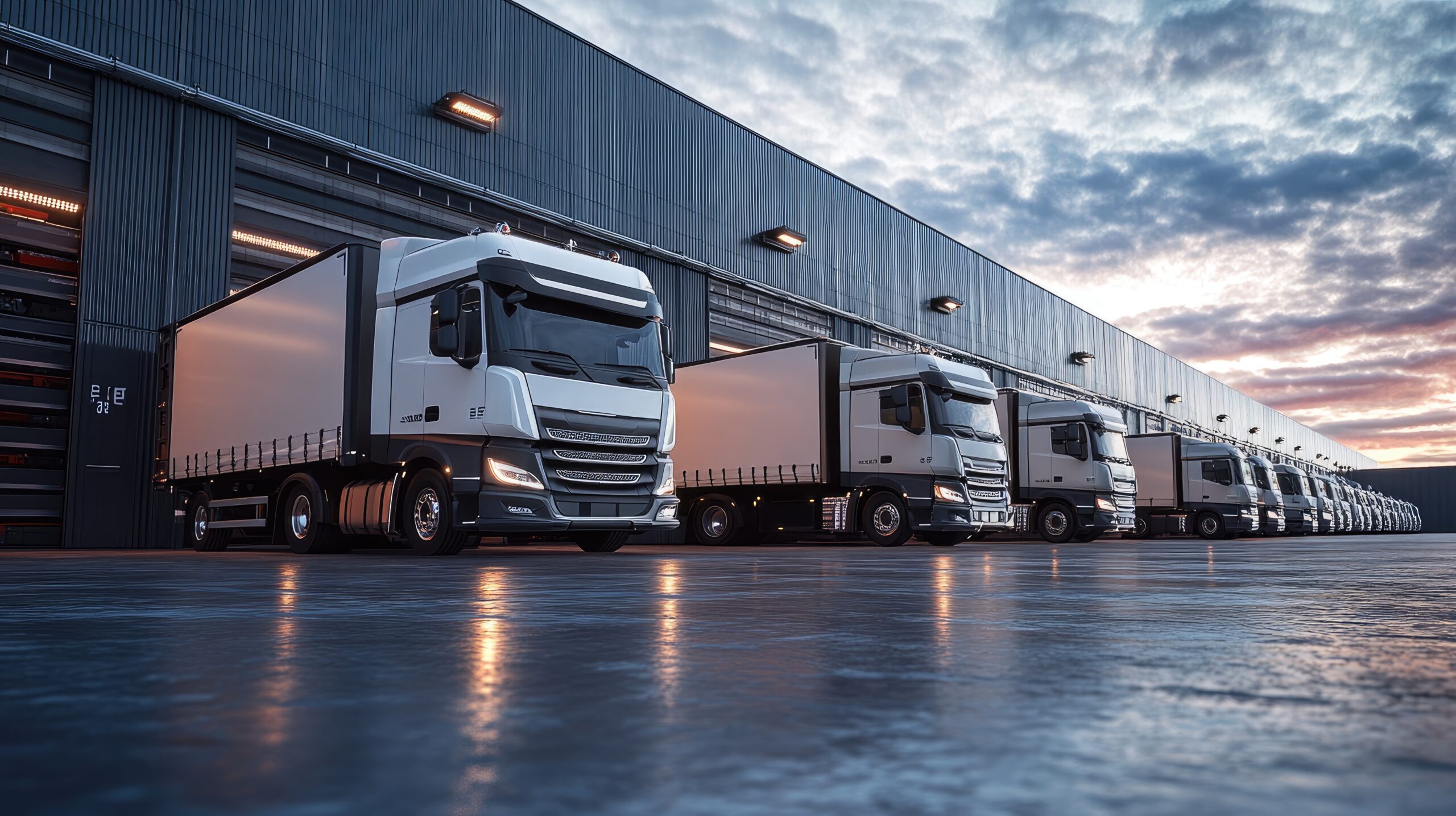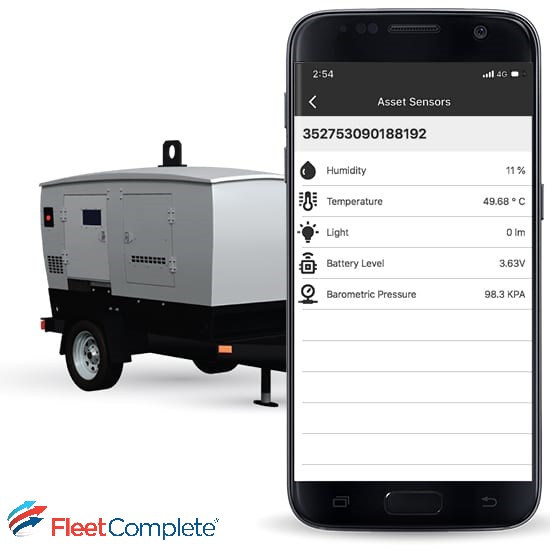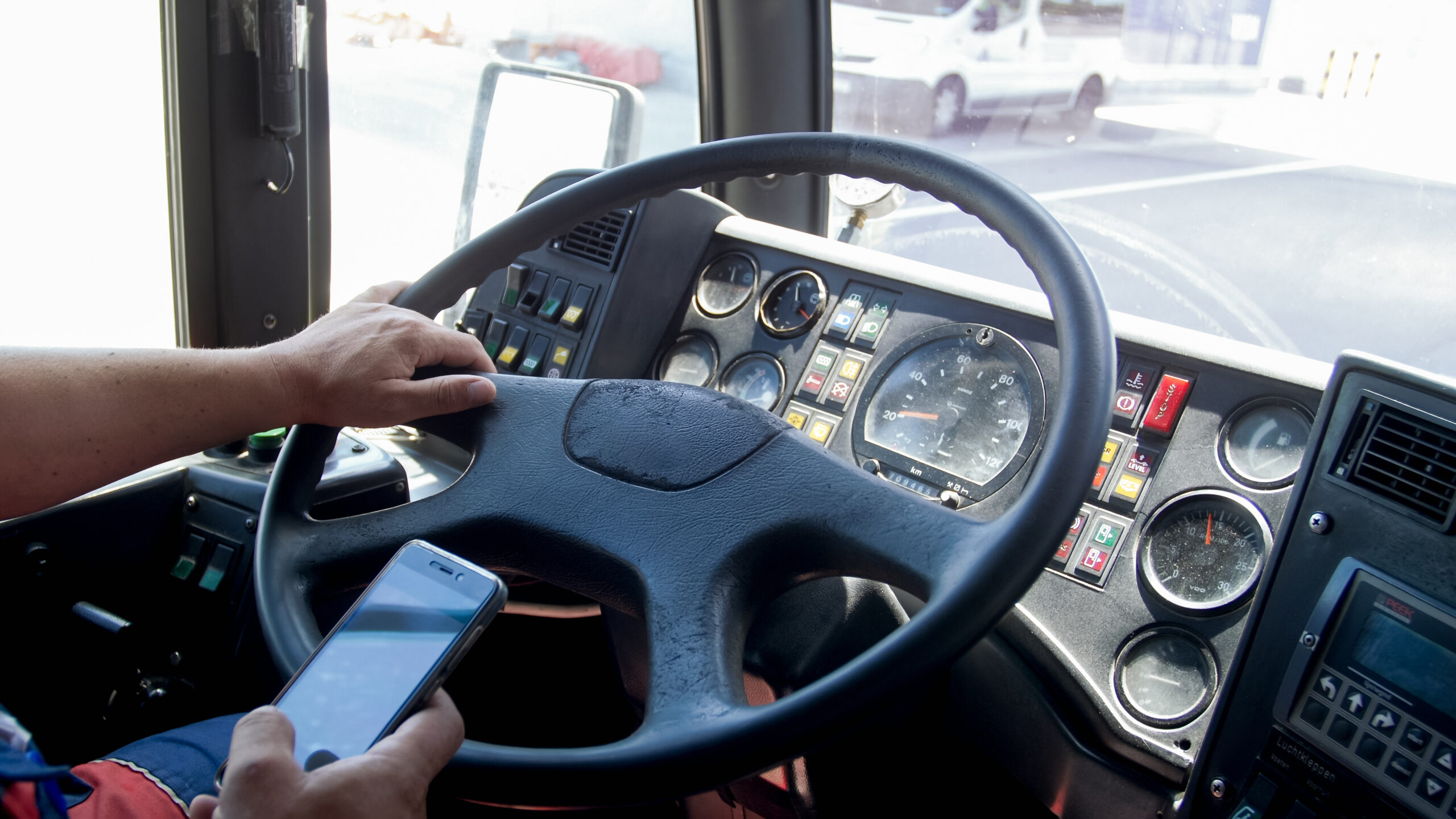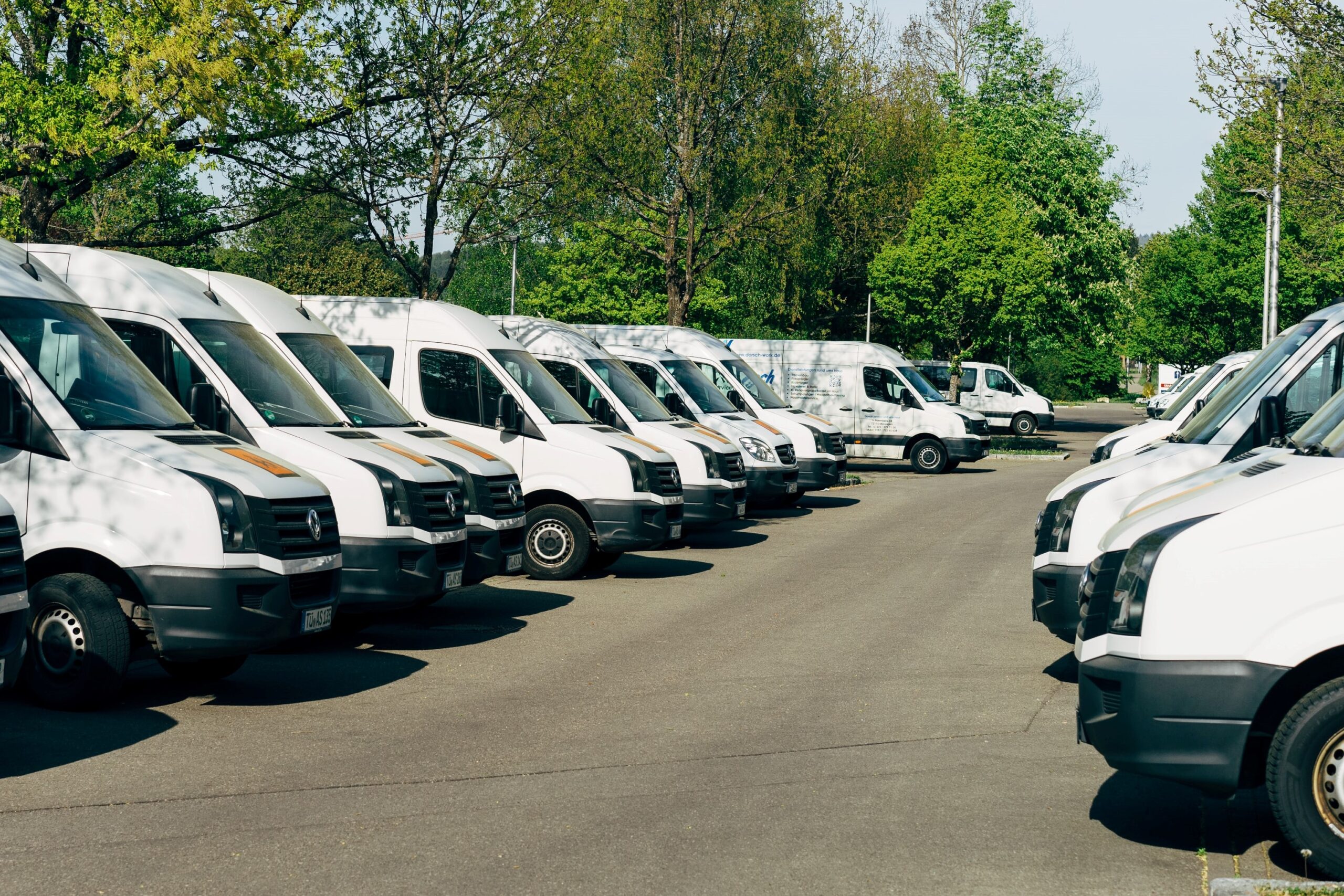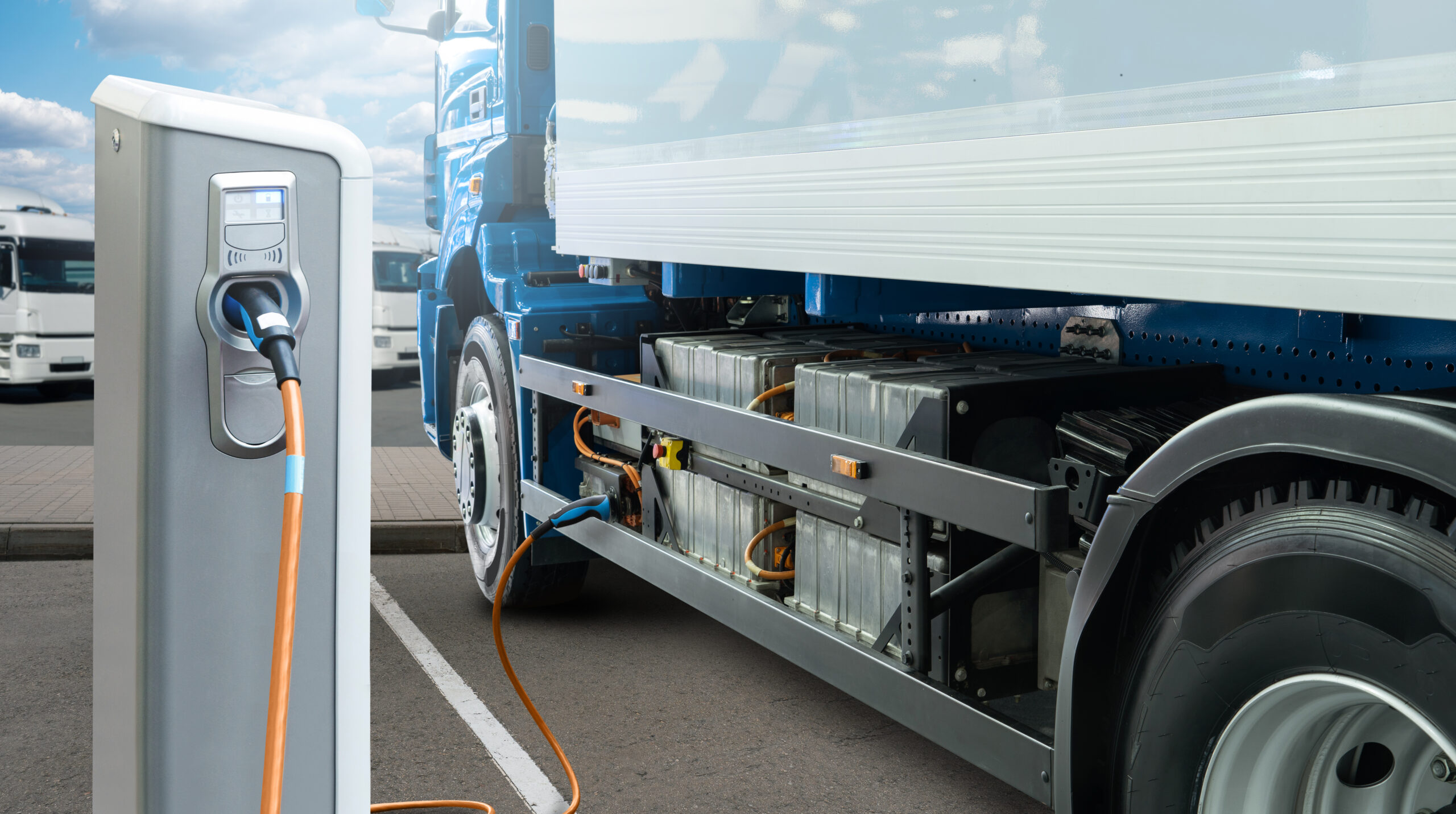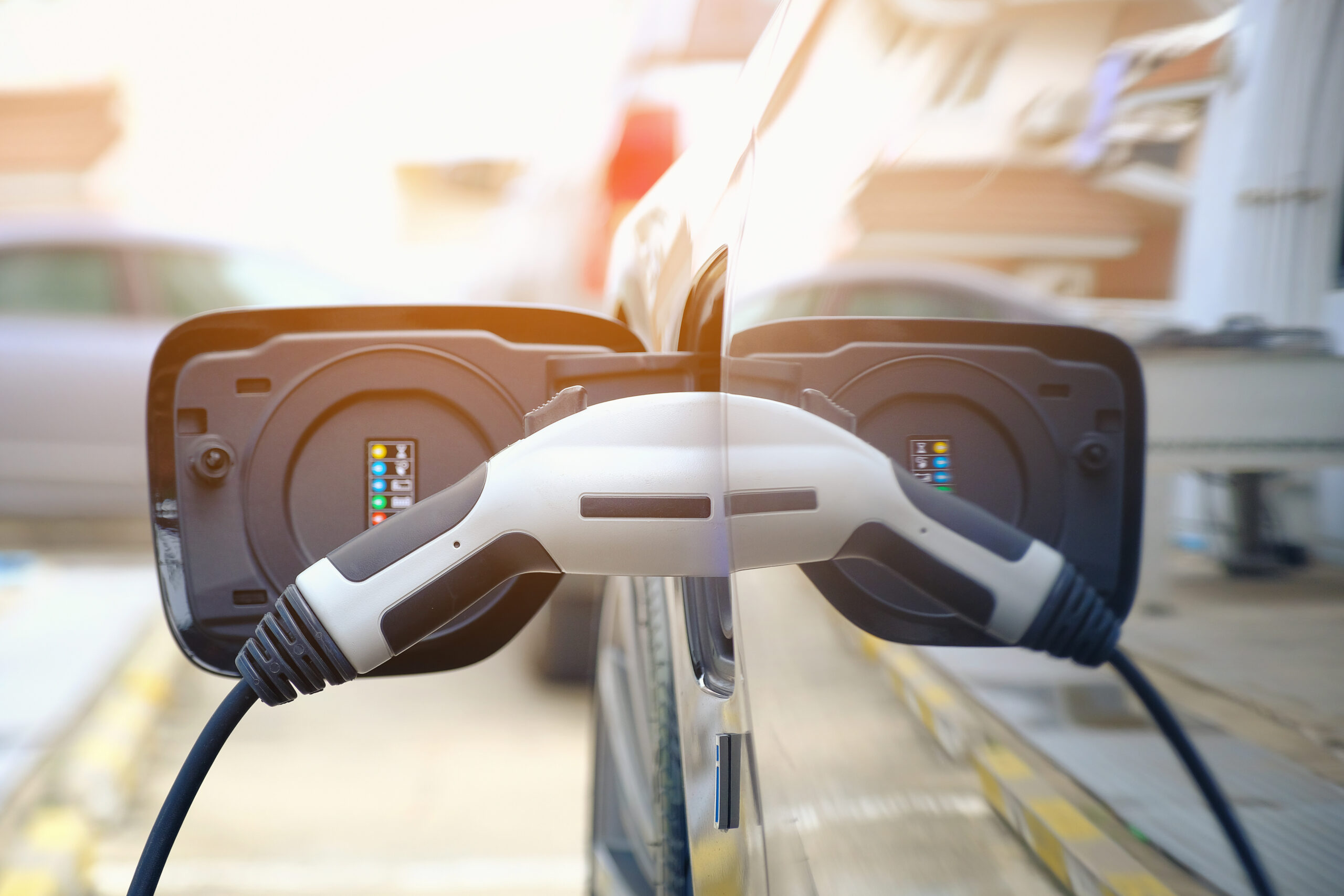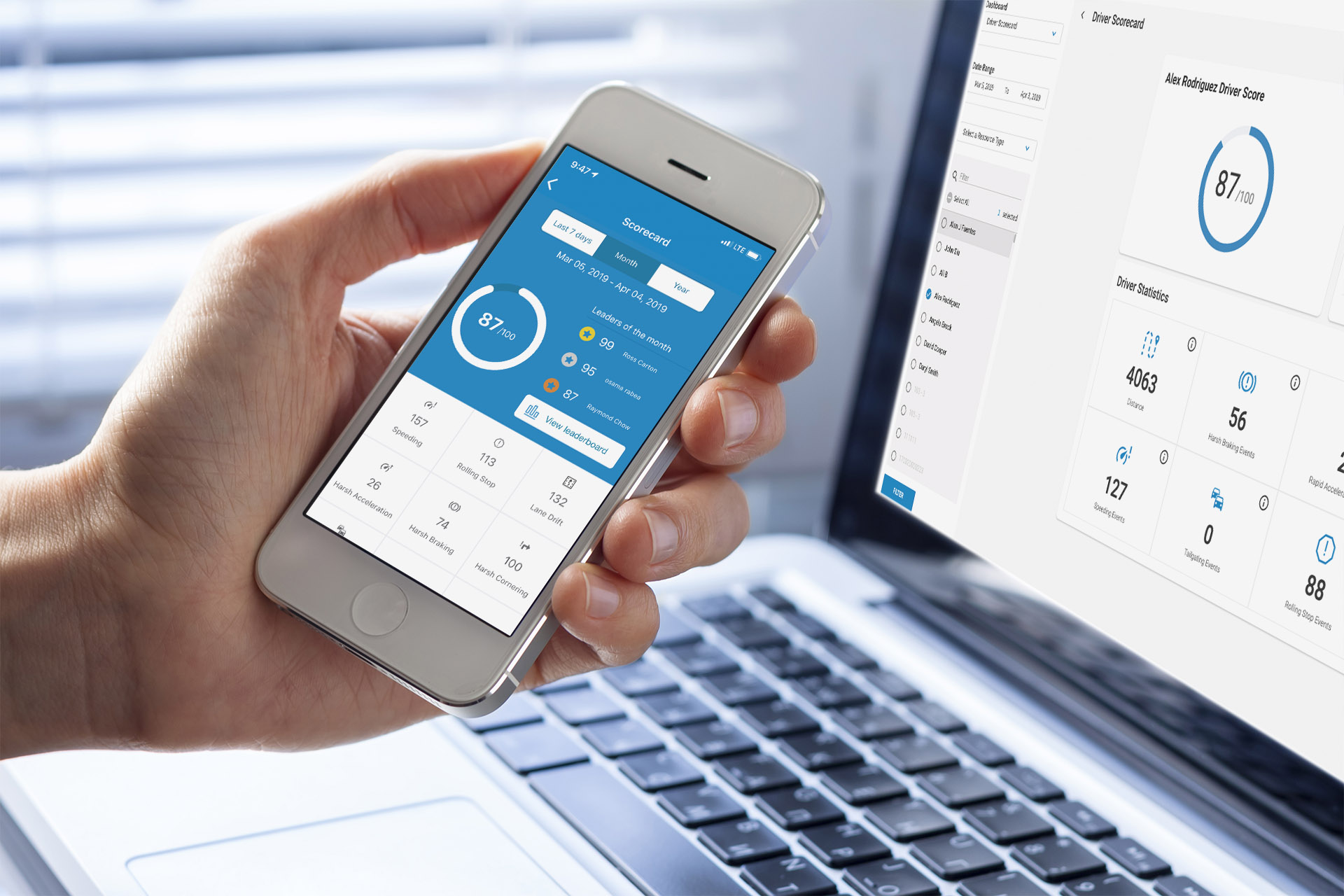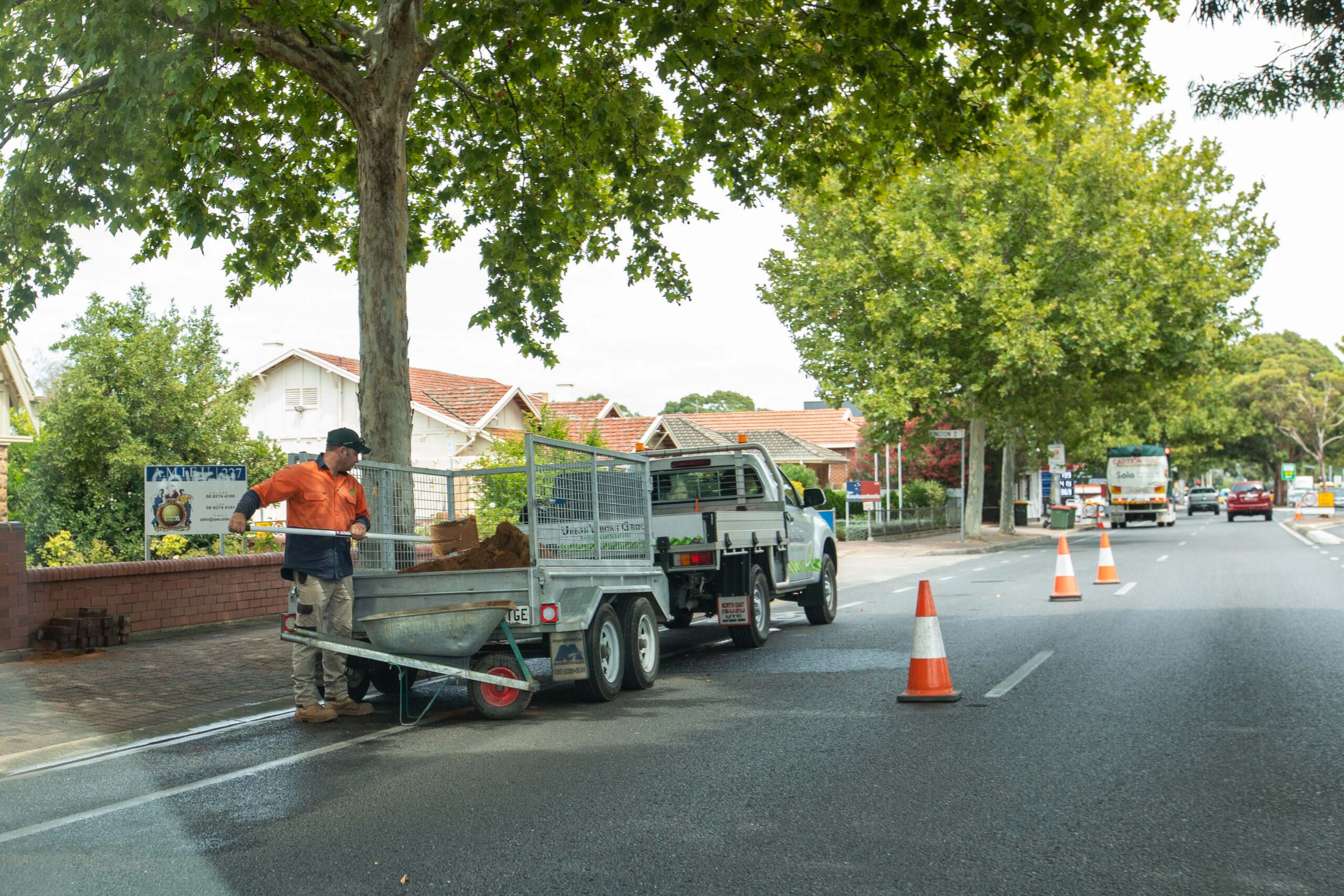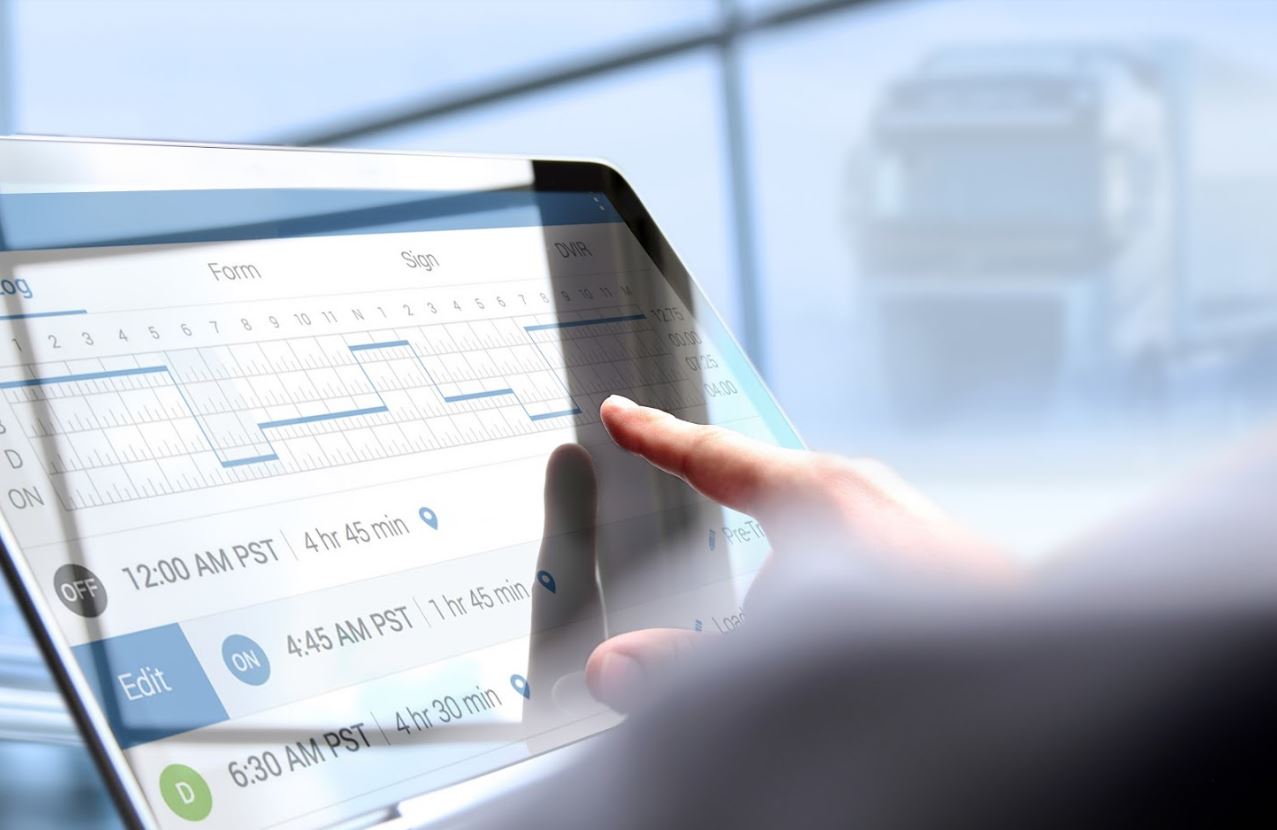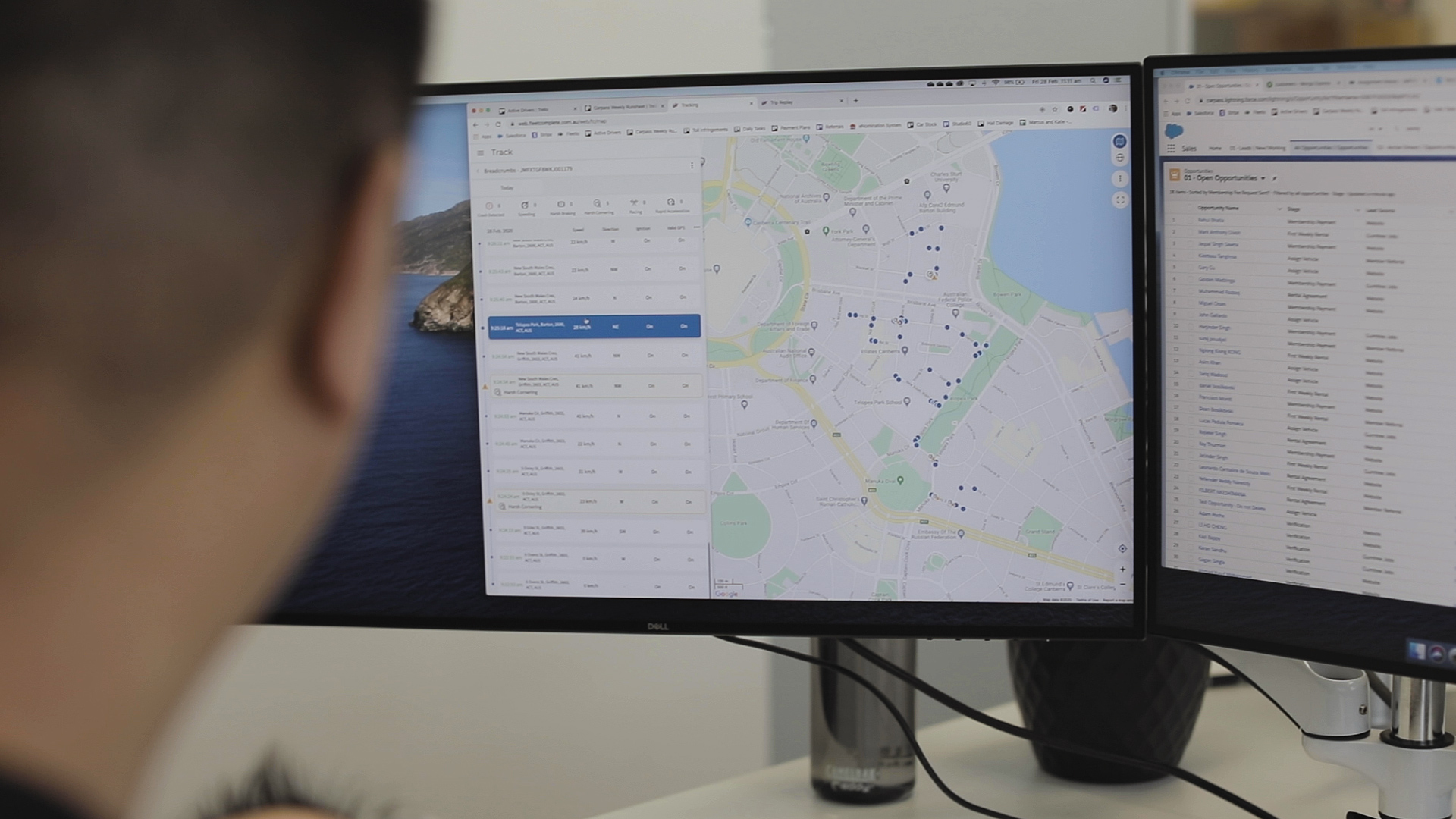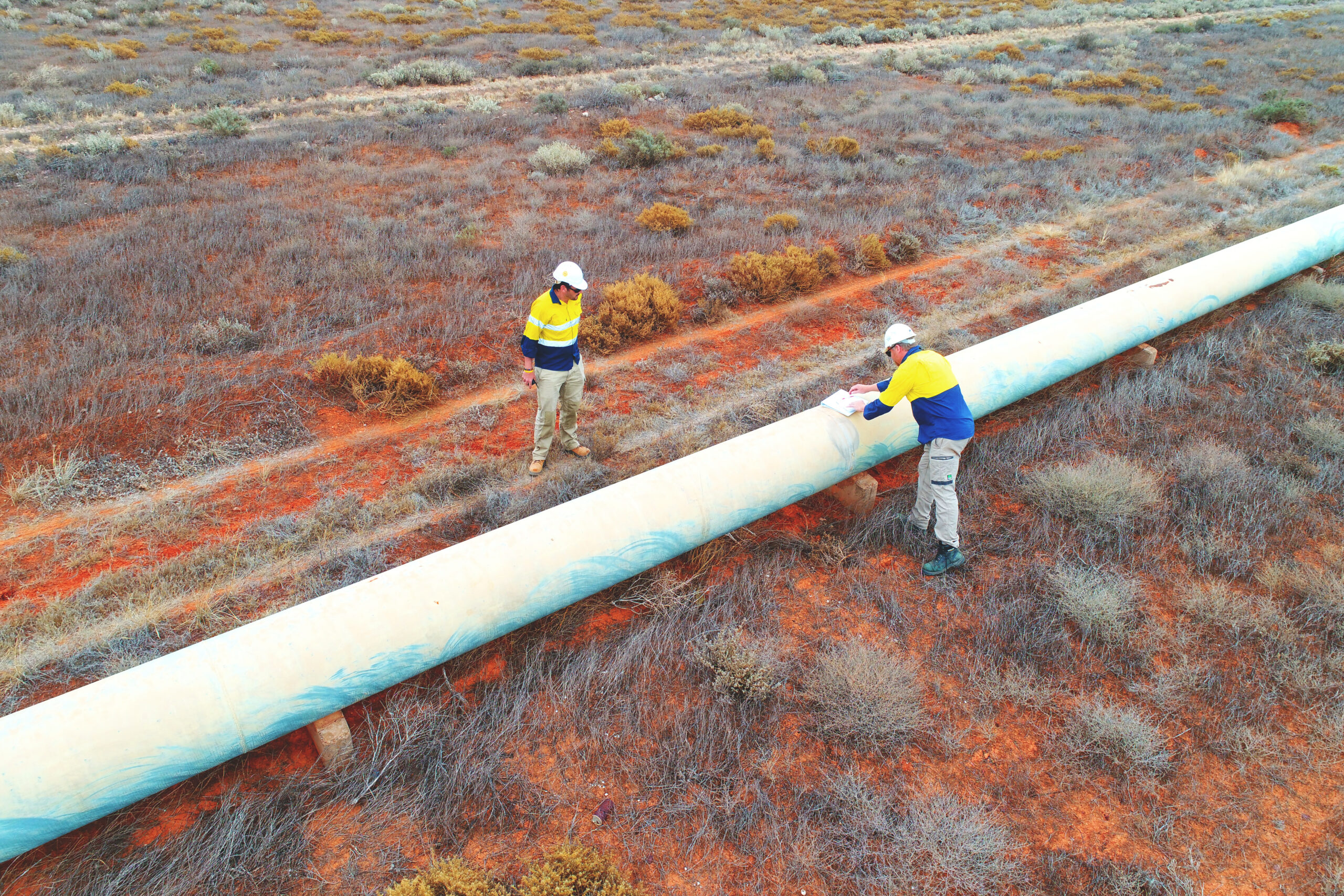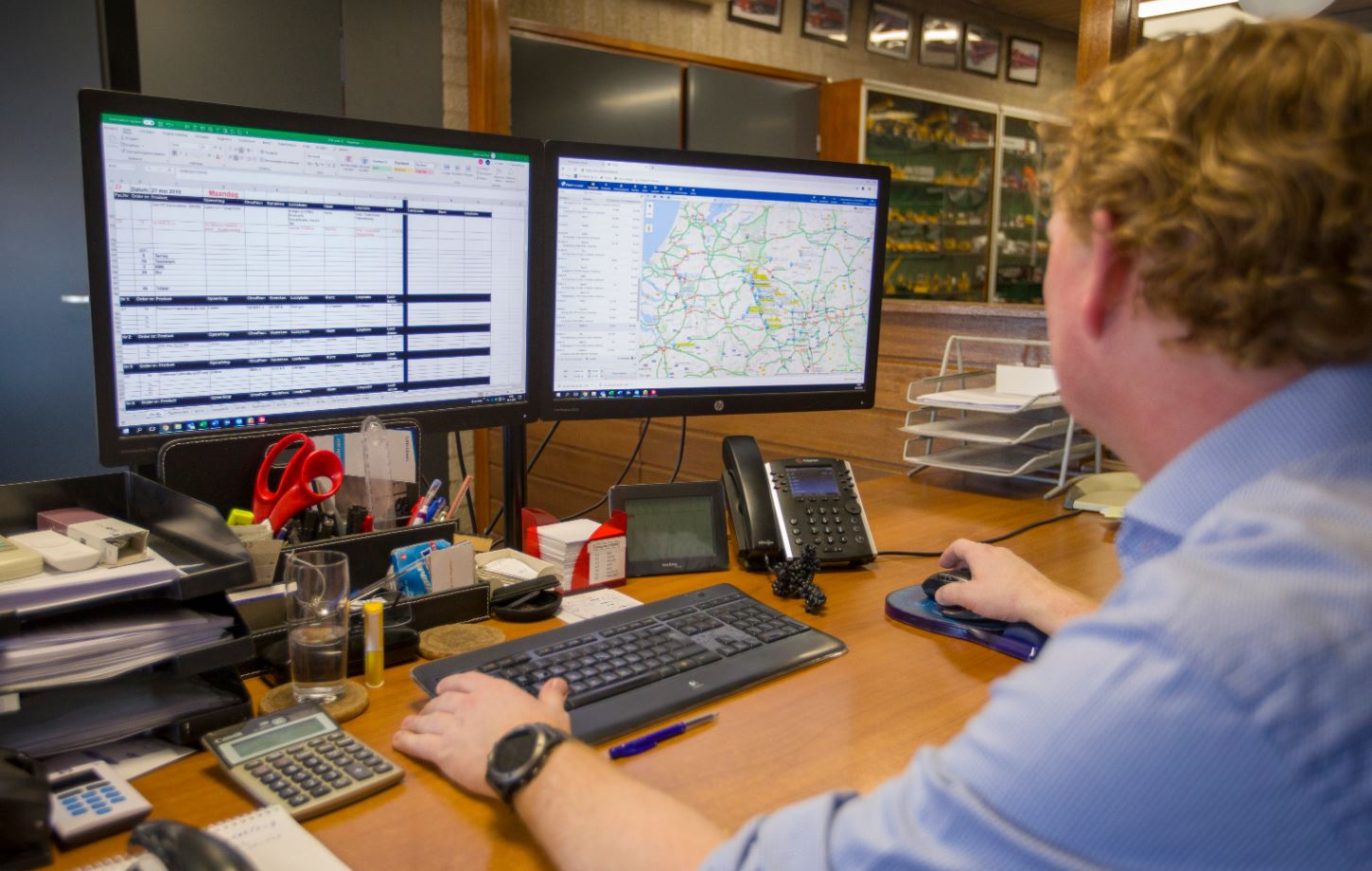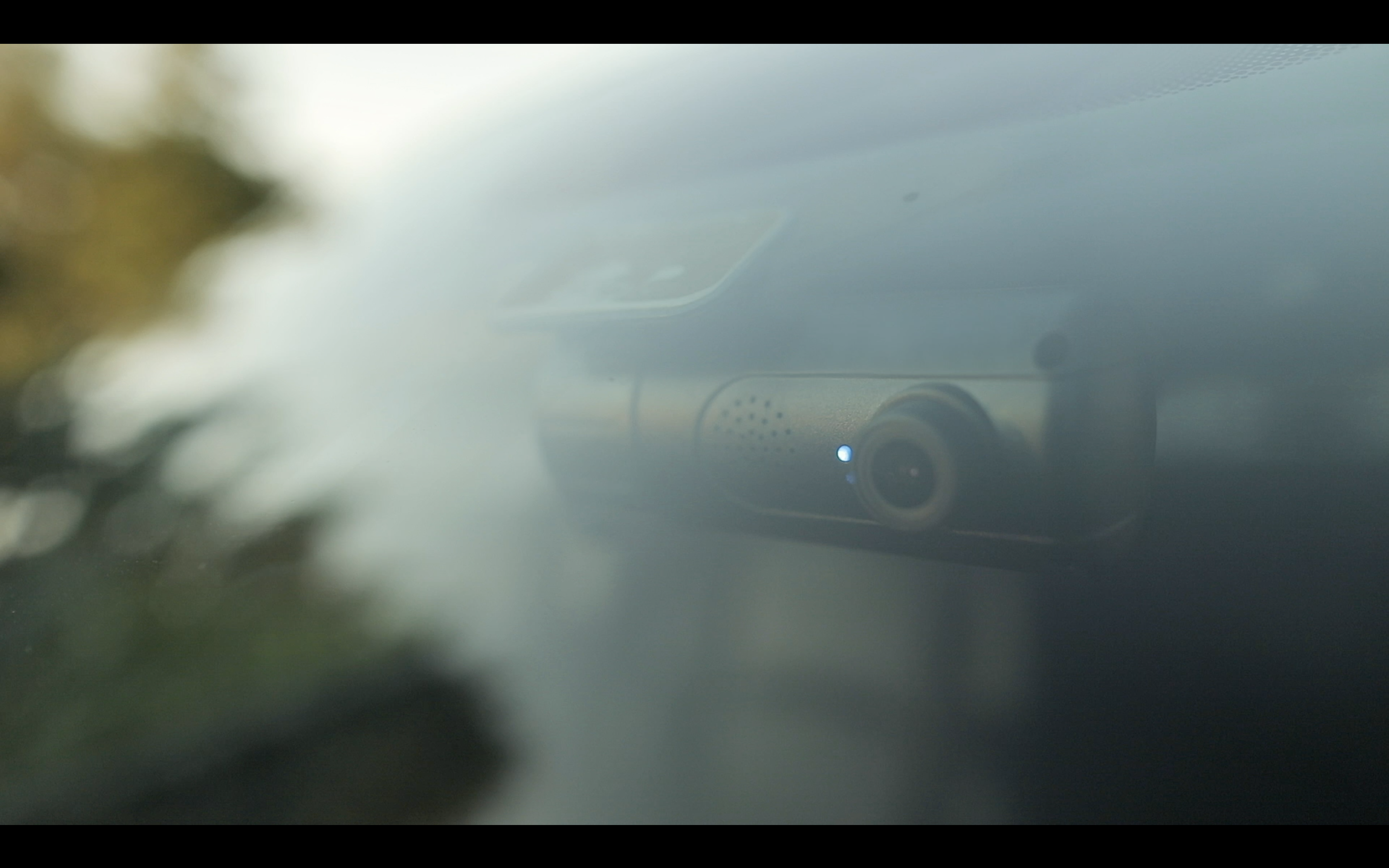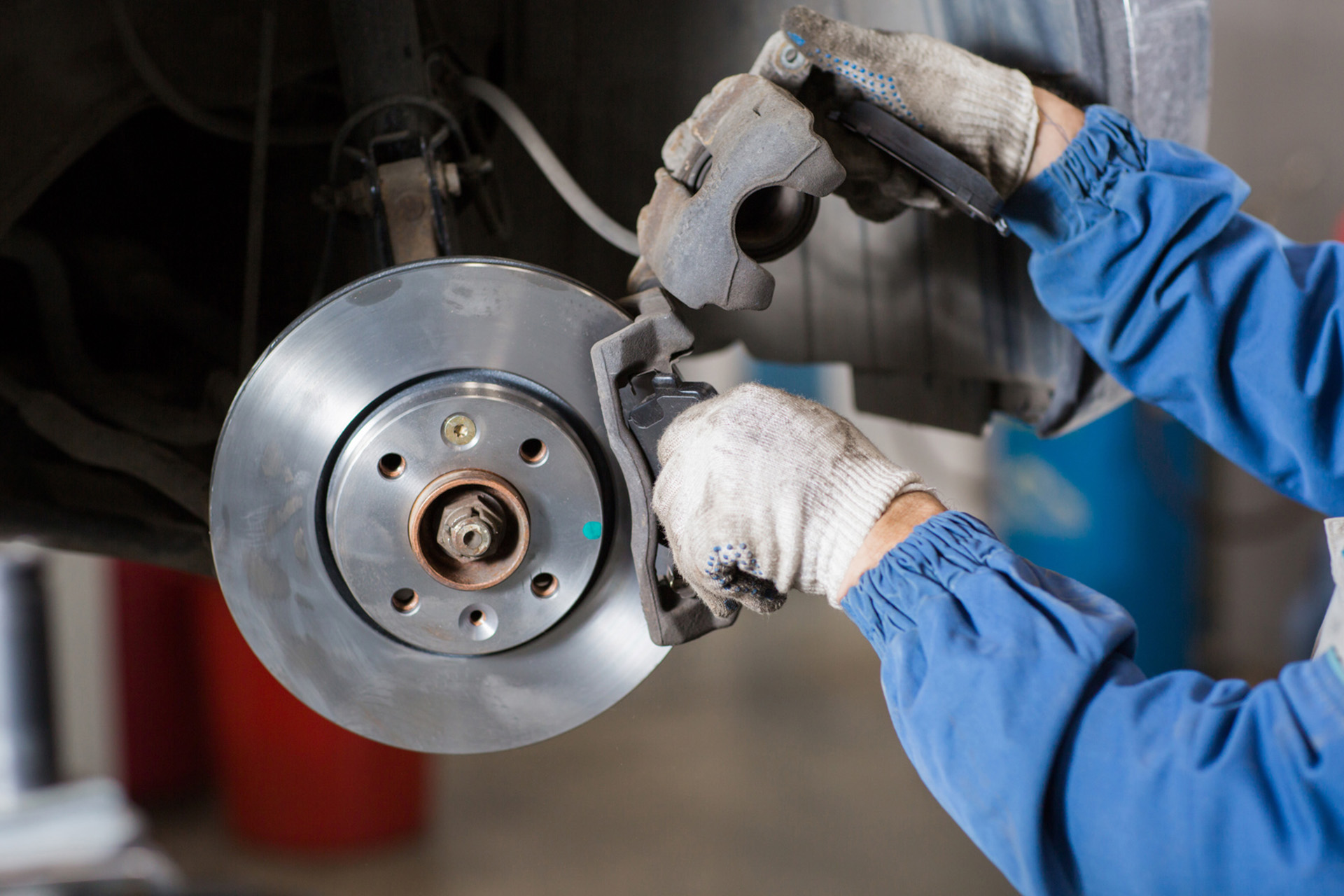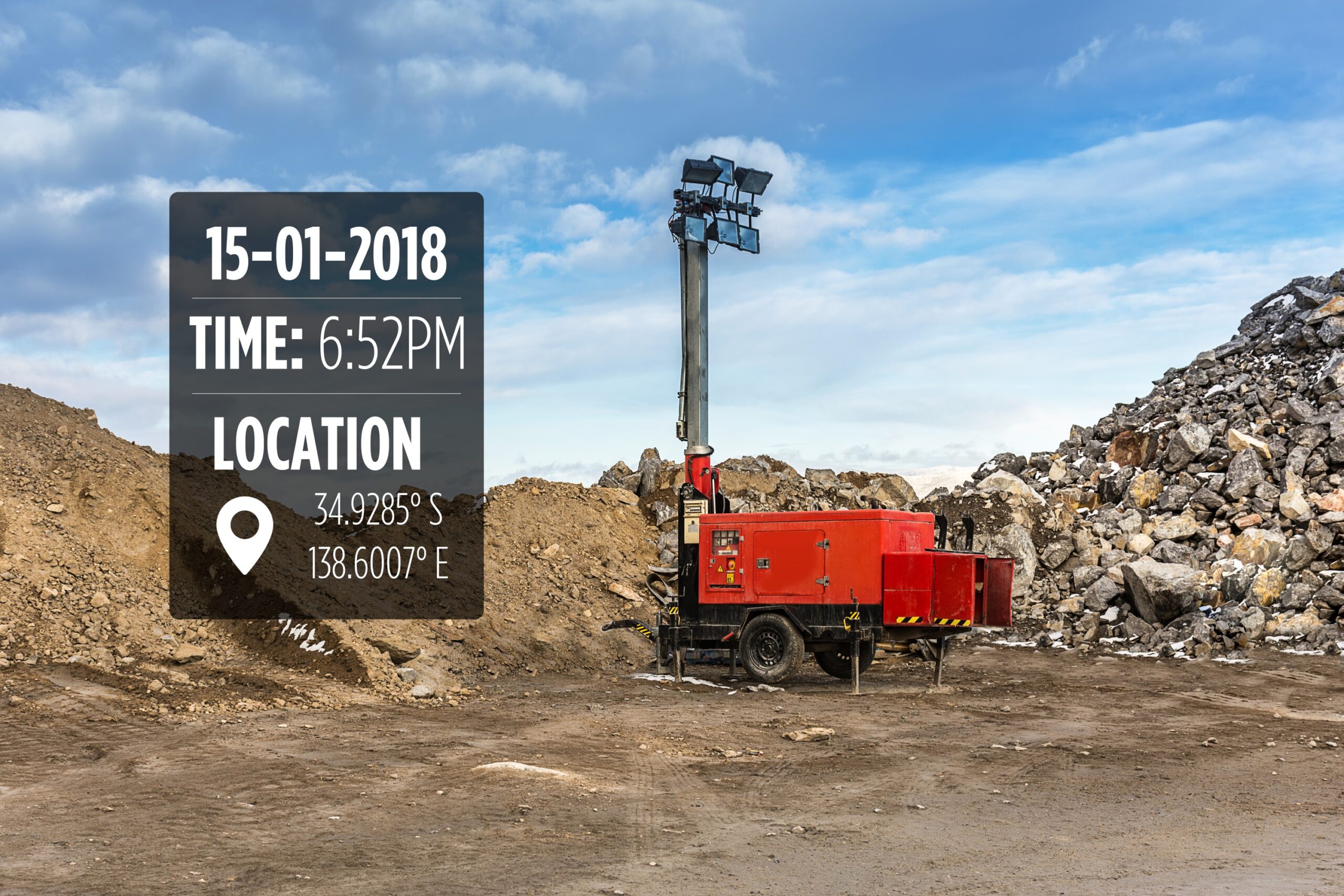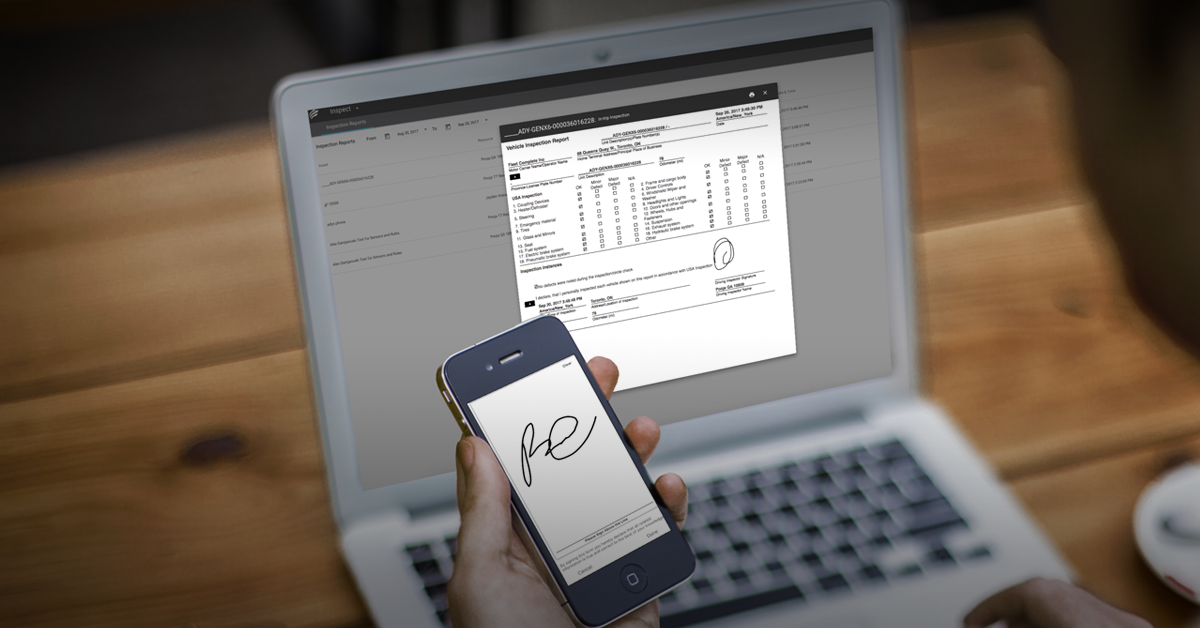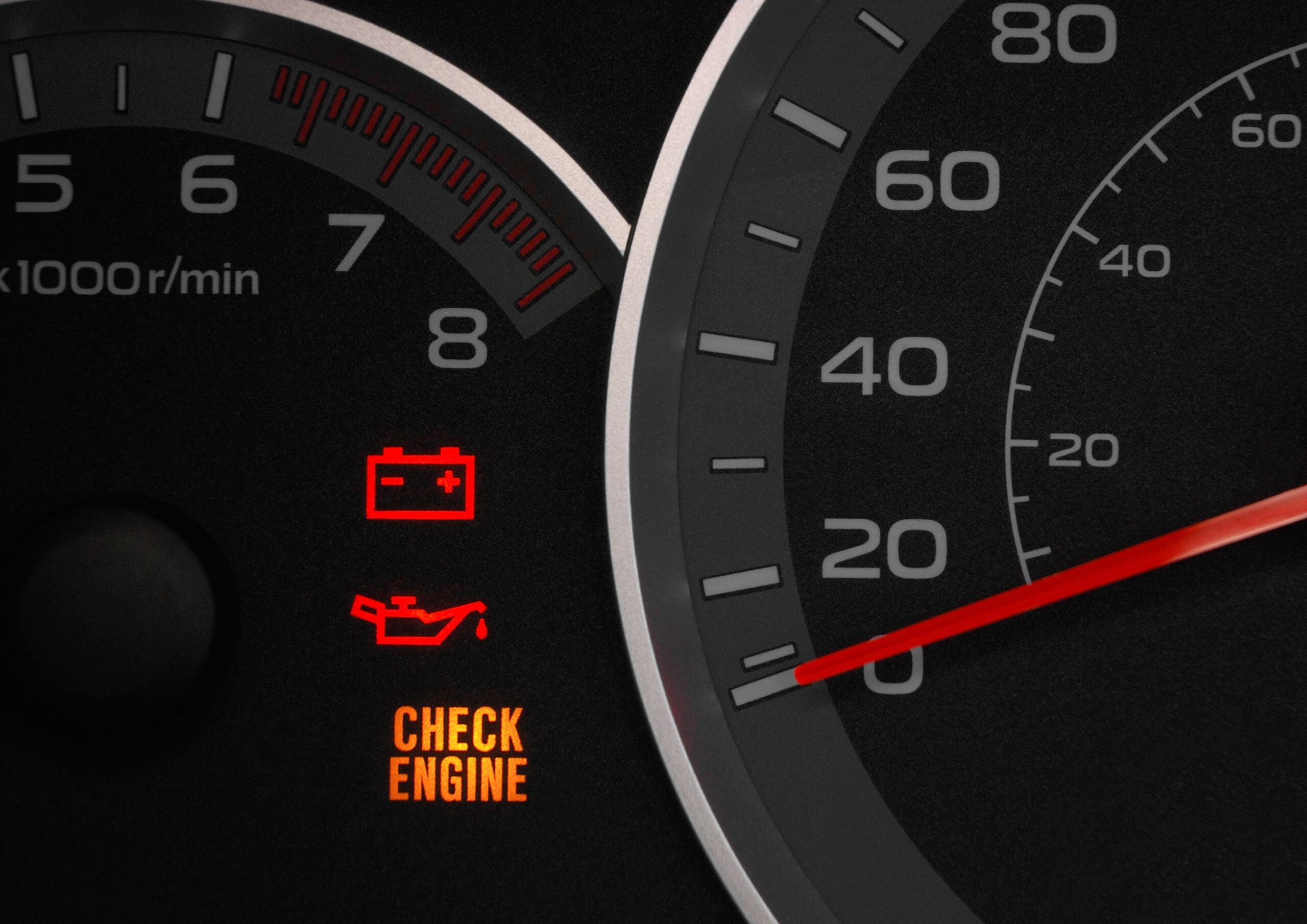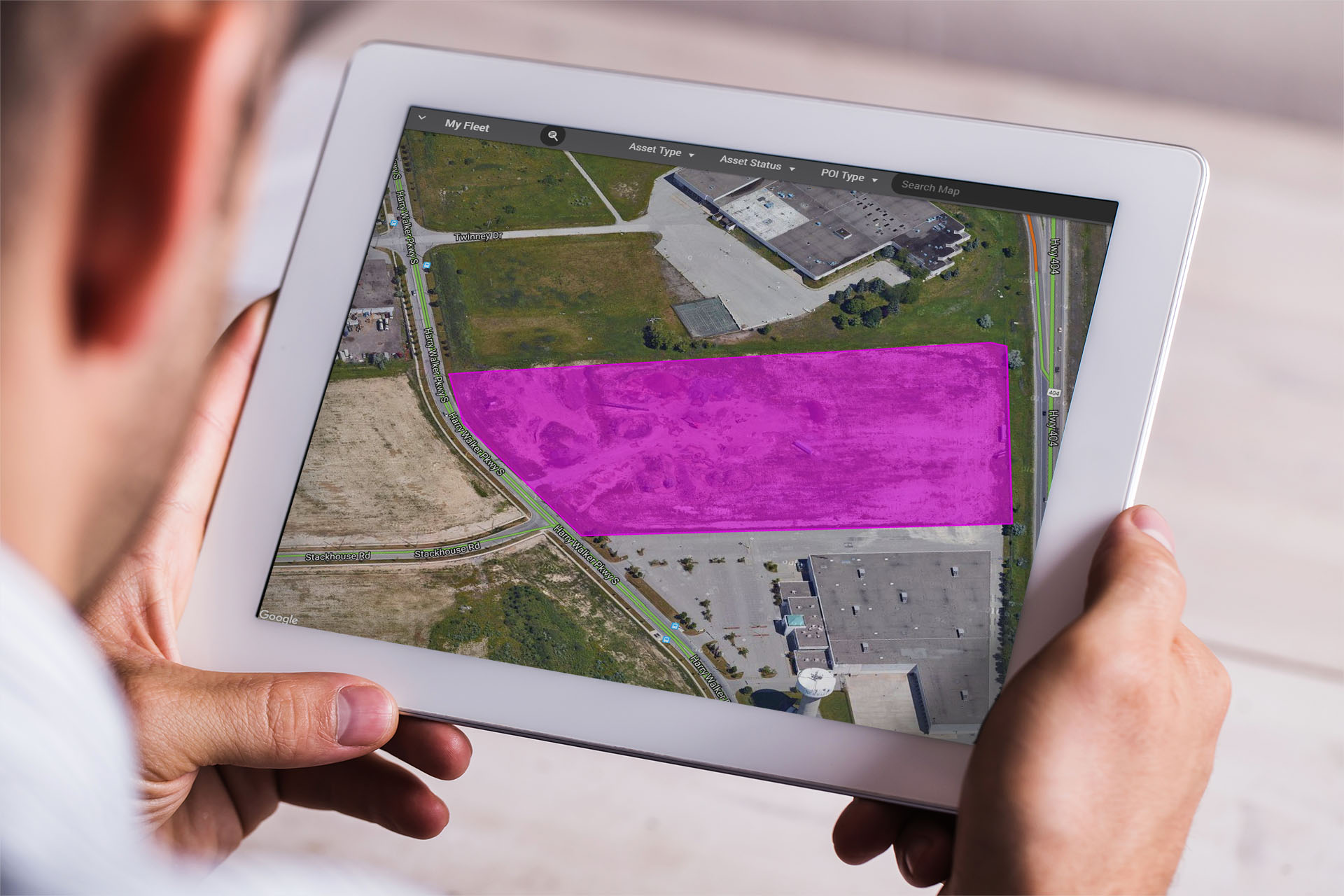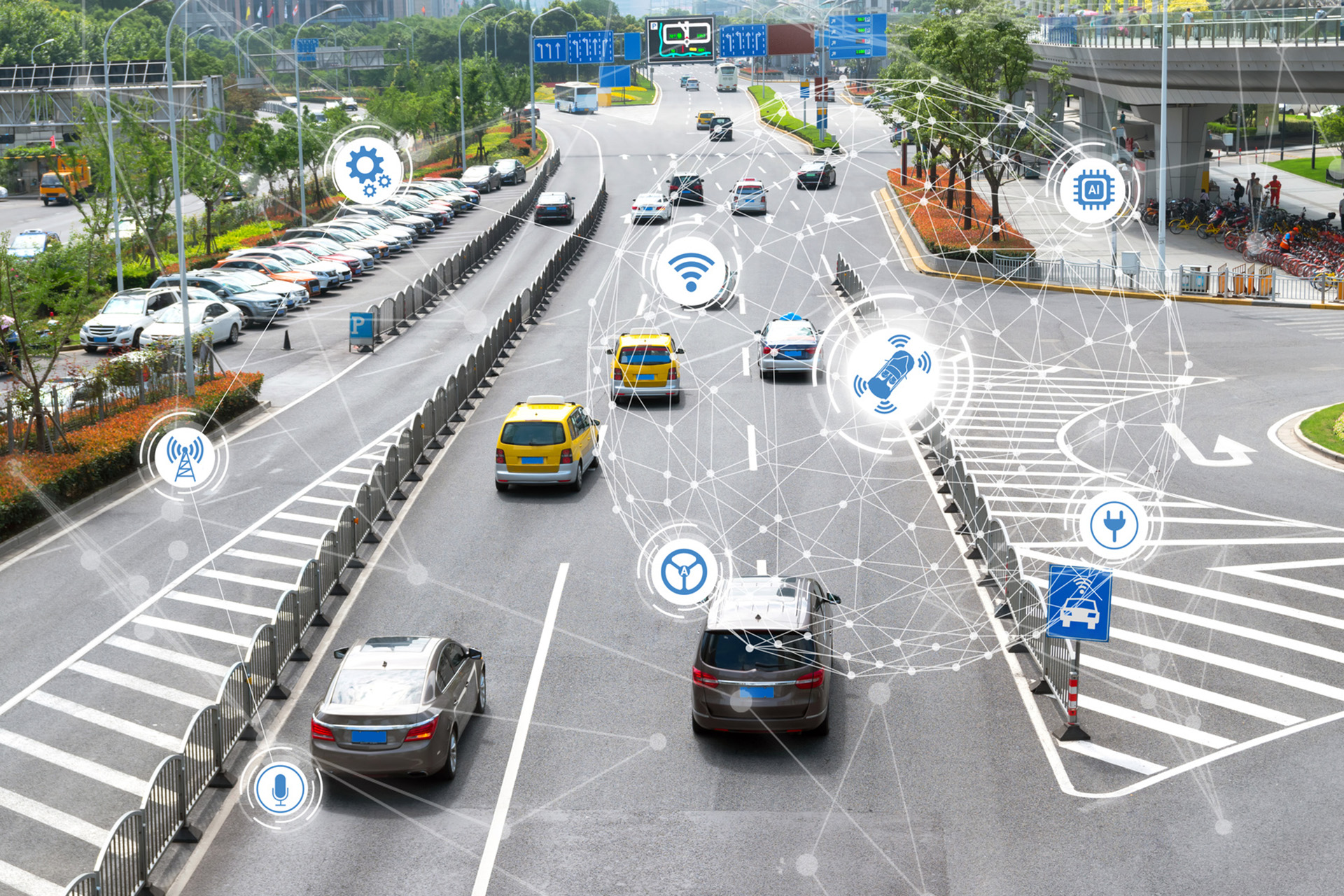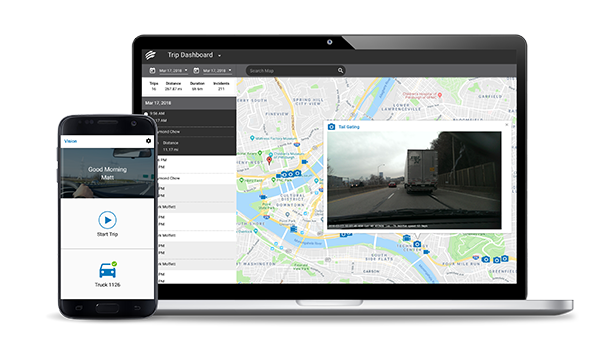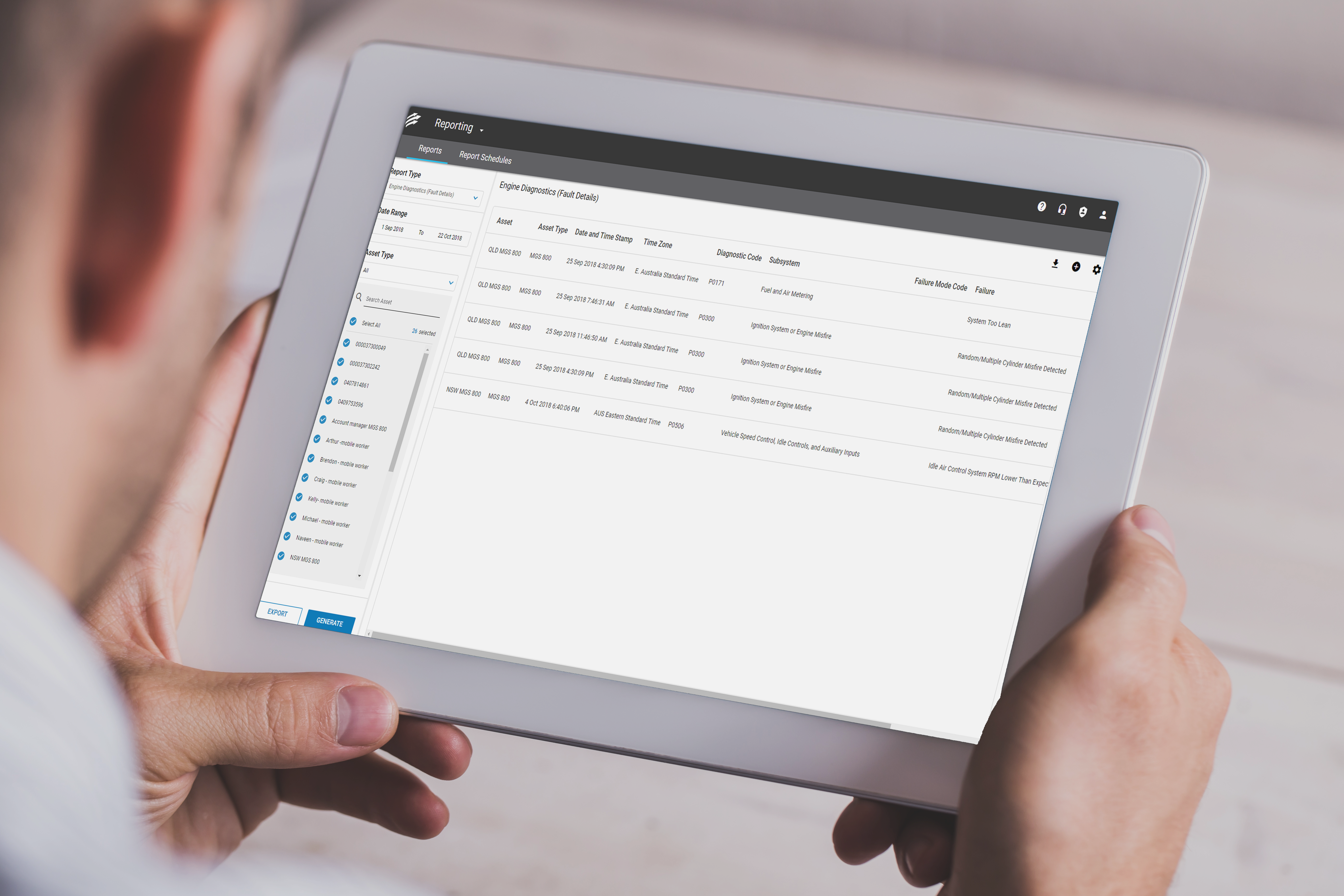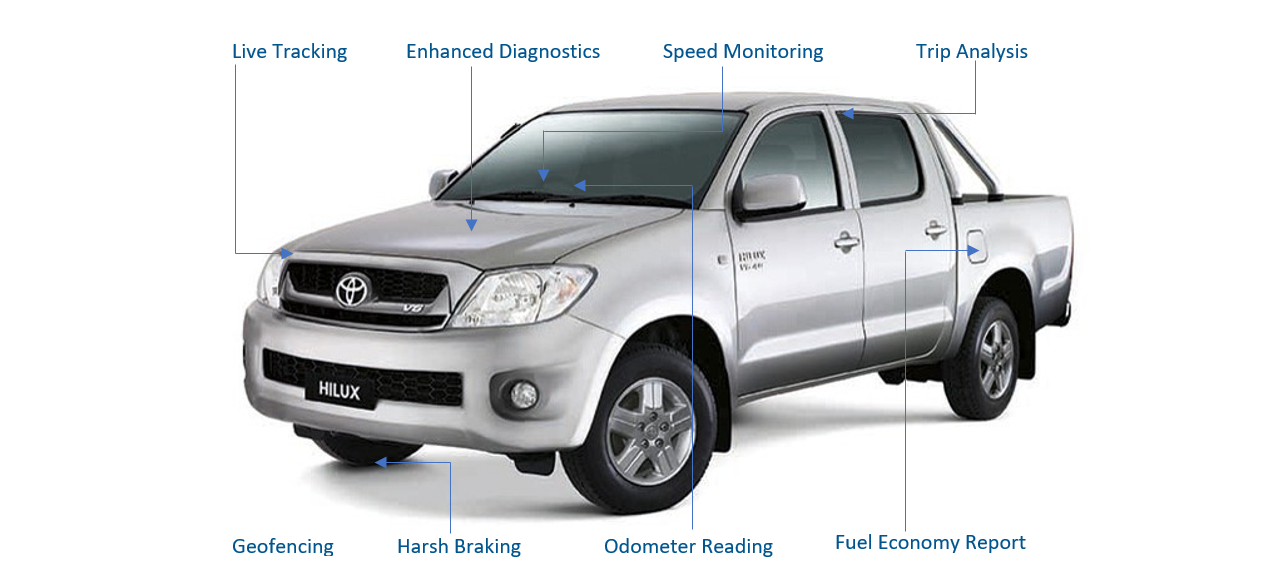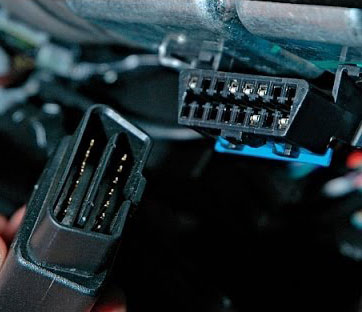As a manager, you’re probably looking for ways to be more efficient. Many fleets are already using tech to save money and streamline their operations—but should you be going fully digital?
Short answer—yes.
The benefits of going digital are numerous. In fact, according to a recent report by Deloitte, small businesses moving from basic to advanced digital engagement see a massive 60% increase in revenue per employee, and on average earned 28% higher revenue growth in the last 12 months.
If your fleet is still using paper records, it’s high time you thought about switching. Here are seven great reasons to consider doing away with paper completely.
1. Increase Productivity
Filing, updating and sorting paperwork take a long time. With digital records, everything can be updated in seconds, across multiple sources at once. Information can be entered and stored at the click of a button or the tap of a screen—and sharing files and figures with others (internally and externally) takes seconds.
You can then easily access detailed data, all in one place. No more digging through paperwork only to discover the information you need is missing.
 Fleet Complete’s engine diagnostics hub
Fleet Complete’s engine diagnostics hub
2. Reduce Errors
Generally speaking, the digital world is much less susceptible to human error than analog methods. However, for fleet management, paper records are especially problematic because they’re so easily misplaced or lost.
Digital records are not—and you can access them from anywhere through any web browser or smartphone, even download them to view when offline. In the event of an audit or insurance claim, being digital means you’ll have the vital data you need at your fingertips.
Going digital also reduces the chances of your drivers making an error with things like walkaround checks, logs and fuel receipts. While minor, these kinds of errors can be costly and time-consuming to fix, and it’s much better to catch them as early as possible.
3. Improve Compliance
Switching from manual to digital also makes it easier for you and your drivers to stay compliant.
For instance, with an Electronic Work Diary (EWD), drivers no longer need to go through manual calculations or paperwork. EWDs are much quicker to fill out and reduce the risks of incorrect data. Journeys are tracked to the closest minute whereas paper diaries account for time within 15-minute intervals.
With an EWD, not only do drivers have real-time alerts so they don’t miss any breaks, but managers can also access detailed driving reports to gain further analysis of their team’s driving behaviours. At the same time, it helps drivers and managers free up essential working hours so they can focus on more important tasks.
Other things like vehicle checks, certifications, or road traffic violations—are very easy to overlook if you rely on paper. Certificates can get lost, deadlines for vehicle maintenance or follow-up inspections can be missed (or the reports mislaid), and speeding can go unnoticed until a driver is caught. Going digital with fleet management software means all of this can be tracked, monitored and measured automatically, thus drastically reducing the risk of non-compliance.
4. Lower Costs
Organisations continue to rely heavily on paper. Only an estimated 3% of Australian businesses have eliminated paper from their office processes.
Digital transformation means removing the cost for the use of unnecessary resources by sending invoices, reports, and more, via email or file-sharing services rather than printing everything. You can also save money by minimising the time spent on paperwork—efficiency. Fleet management software allows you to key worklog data automatically, so drivers spend less time filing and more time driving.
5. Improve Fleet Performance
Downloadable reports give immediate feedback about how vehicles and drivers are doing, both individually and fleet-wide. A digital system enables fleet managers to access real-time data (e.g., speed, location, idling times, etc.) that can be used to improve driver performance through tailored and timely feedback, as well as plan with greater confidence—easily, quickly and accurately.
Going digital helps improve overall fleet performance and opens the doors to additional profits. But it’s also about keeping up with the competition.
Digital uptake is accelerating, especially among small businesses. Failing to keep up with your competitors means you’ll get left behind.
 More businesses are moving from ‘basic’ digital resources to more advanced services and tools (Image Source).
More businesses are moving from ‘basic’ digital resources to more advanced services and tools (Image Source).
“Different businesses will engage with digital in different ways, but to do so [at] only a basic or intermediate level, risks lost opportunity, stagnation and even failure in the face of competition,” says Deloitte Access Economics partner, John O’Mahony.
6. Track Maintenance
Digitally tracking maintenance schedules saves time and money, and reduces vehicle downtime. Once data is entered into the software, managers can quickly track which vehicles are due for maintenance and act accordingly. This allows for better planning to avoid vehicles being out of commission longer than necessary. It also helps you catch problems early and improves driver safety.
7. Reduce Your Carbon Footprint
As mentioned above, businesses are wasting paper—and this means a big carbon footprint. Telematics technologies help reduce this by allowing you to track where vehicles go, assess routes and address fuel-wasting behaviours—all from a unified platform that requires zero paperwork. Not only will this help you manage your vehicles more efficiently, but it can also make a big difference to your carbon footprint and your brand reputation.
How Fleet Complete Can Help
Going digital makes your processes more efficient and improves your bottom line.
By leveraging fleet management software data, managers benefit from immediate access to vehicle maintenance logs, driver scorecards, fleet performance and more. Armed with these insights, fleets can identify areas for improvement and maximise productivity.
Fleet Complete combines powerful telematics metrics with a robust fleet management platform so fleet managers can reduce time-consuming paperwork and manual processes to get the most out of their fleet.
If you’d like to see how our digital solutions can benefit your business, get started today by trying our Fleet Complete demo.
If you found this article helpful, please share it on social media.






